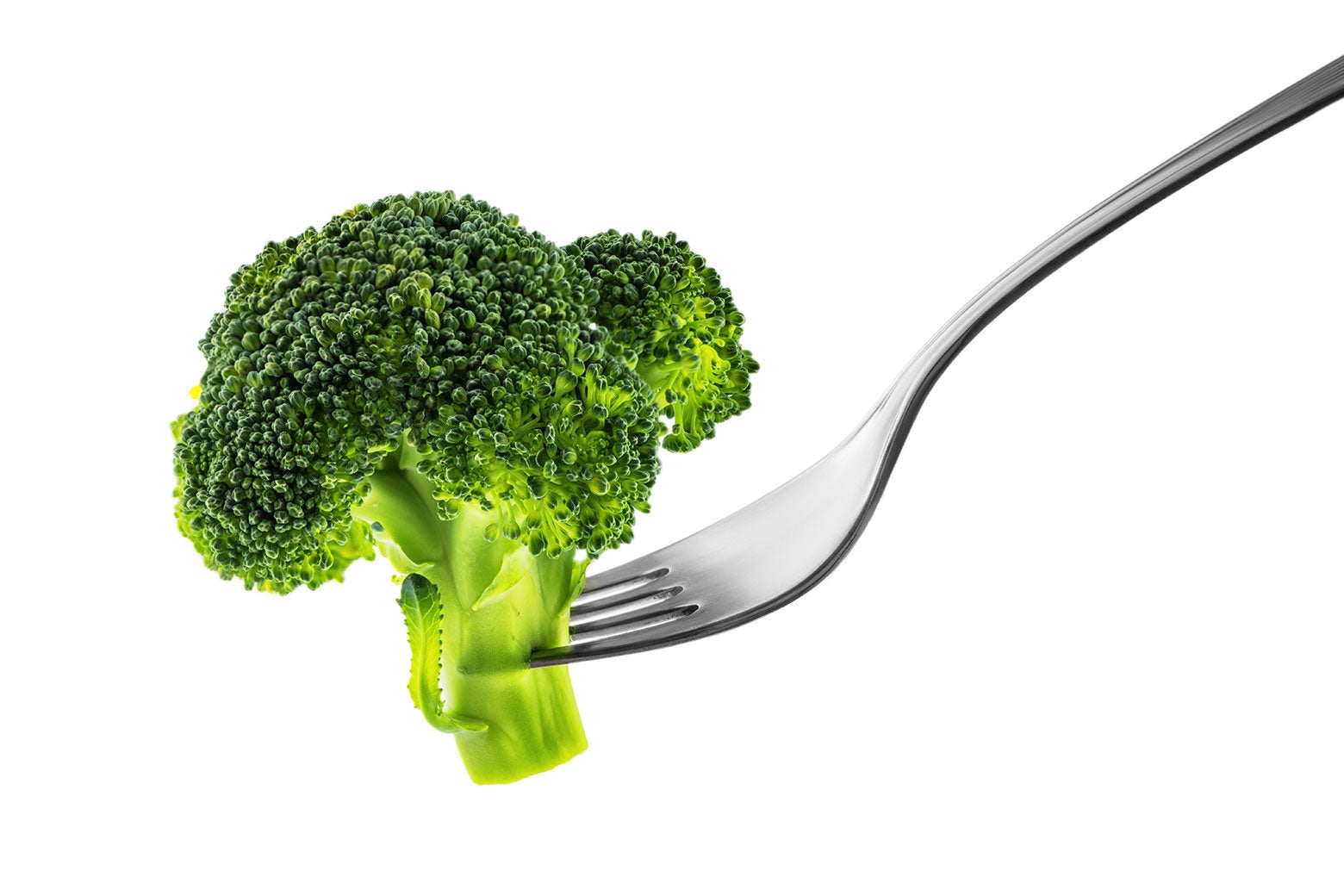
"The problem is that it's not just the Daily Mail. In reality, we all love stories about causing or preventing cancer, so much so that most media sources are guilty of misrepresenting the evidence that appears in the many cancer-related studies published each year. The latest series of articles is a wonderful example. A recent scientific publication has come out noting that there is a relationship between the intake of cruciferous vegetables"
"colon cancer. The media has, predictably, gone wild. If you believe the headlines, it would mean that we can slash our risk of a really nasty form of cancer with just a few florets of cauliflower a day. Sadly, as an epidemiologist, I can tell you that the data are not nearly strong enough to draw such a meaningful conclusion."
Tabloids often label substances as either causes or cures of cancer, and many people favor stories about causing or preventing cancer, which leads media outlets to misrepresent study evidence. A recent scientific publication found an association between higher intake of cruciferous vegetables and lower colon cancer risk. Across 17 studies, the highest consumption levels corresponded to about a 17 percent reduction in colon cancer risk compared to no intake. The study is a systematic review of observational research, which relies on self-reported diets and associations rather than experimental proof. The available data are not strong enough to establish causation.
Read at Slate Magazine
Unable to calculate read time
Collection
[
|
...
]